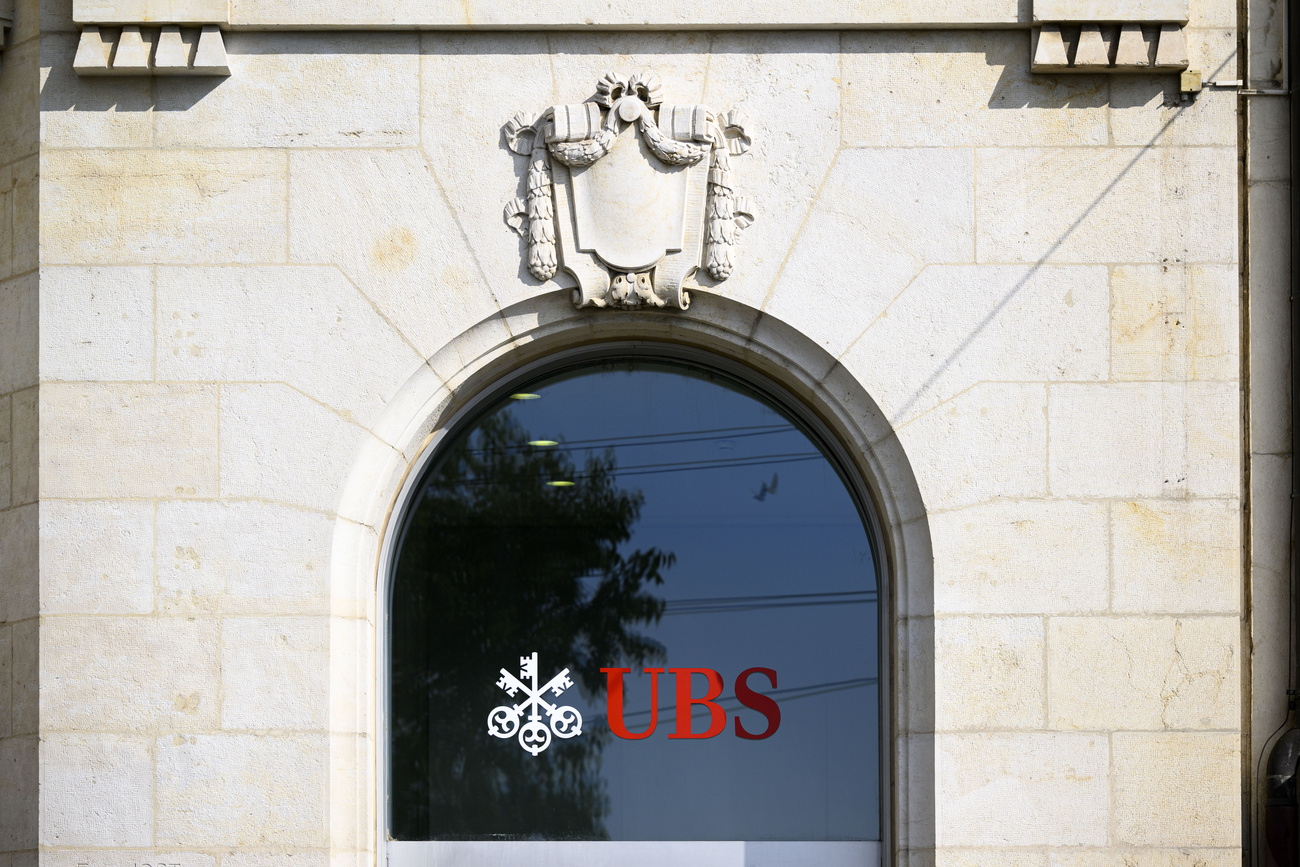
Innovation recognised by de Vigier awards

Technology destined for use in Nasa rocket launches and a system for discovering new antibiotics have been awarded the prestigious WA de Vigier prize.
The Swiss entrepreneurs behind the projects were each handed a cheque for SFr100,000 ($75,600) at a ceremony this week in Solothurn.
The WA de Vigier Foundation – the largest organisation in Switzerland that supports young entrepreneurs – said it had rewarded two innovative ideas with the potential to be developed commercially.
Thun physicist Katrin Fuhrer and her business partner, Marc Gonin, picked up one of the prizes for their customised mass spectrometer, an instrument used to measure the mass of particles.
Shaped like a gold-plated battery pack, Fuhrer’s device is a “new and improved” version of those already on the market.
“It has the accuracy, speed and sensitivity, and you can also measure a very high mass range which you cannot do with conventional techniques,” Fuhrer told swissinfo.
Space shuttle
They are currently negotiating a deal with the United States space agency, Nasa, which wants to improve its measurement of particles during shuttle launches.
When the engines on the main shuttle are switched on, they run for six seconds before the rocket boosters are ignited and the countdown begins – leaving mission control with no alternative but to launch the rocket.
“During these six seconds, they have to decide if everything is going okay and they need very fast measurements in order to make this assessment,” explained Fuhrer.
“Nasa thought that our Time Of Flight instrument could be the right fit for this application.”
The pair said winning the award would boost their business financially, as well as assist them in networking their idea.
Antibiotic research
Martin Fussenegger and his business partner, Wilfred Weber, are also on the lookout for investors for their system which is used to discover new antibiotics.
“With this technology we can very efficiently discover new antibiotics. We can see not only whether they are able to kill dangerous bacteria, but we can see in the very first stages if those antibiotics are well tolerated by humans,” Weber told swissinfo.
Cistronics Cell Technology is still in the research phase and the SFr100,000 cash prize will go towards patenting technologies and funding the hardware to start their drug portfolio.
“At the moment there is a worldwide shortage of antibiotics which are effective in treating pathogenic bacteria that is resistant to many drugs,” said Fussenegger.
Funding problems
Finding the funding for ideas that have the potential to be commercially successful is one of the biggest problems facing young Swiss entrepreneurs today.
The de Vigier Foundation is important in this respect because it can provide the much-needed cash injection to realise a project.
“We all live on ideas,” declared Moritz Suter, the foundation’s president and former head of Switzerland’s now-defunct regional airline, Crossair.
“Everything is based on ideas and I think it is very important that they are supported by people like de Vigier,” he told swissinfo.
Suter and William de Vigier, who set up the foundation in 1987, both began their businesses with meagre funding.
But like the de Vigier prizewinners, they were committed to creating a successful business.
“The essential ingredient for a successful entrepreneur is the aim or target… and you must be willing to make sacrifices,” de Vigier told swissinfo.
Reluctant entrepreneurs
The Swiss, however, on the whole make reluctant entrepreneurs because many lack the will to take risks and strike out on their own, according to Jean-Claude Strebel, the foundation’s vice president.
“Our young people are very spoiled, because once they finish their studies, they can go to very good companies and get big salaries,” he commented.
“And of course it’s much easier to get a salary of SFr150,000 to SFr200,000 than to go ahead with your own project as an entrepreneur with all the risk that entails.”
Suter begs to differ, arguing that there is plenty of evidence to prove that Switzerland is one of the foremost breeding grounds for entrepreneurs in Europe.
Where he does fault Switzerland is in its mentality of seeing failed business ideas as bad ideas.
“It’s no shame to have an idea that is not successful,” he said. “To have one good idea, it needs thousands of ideas that never see the light of day.”
swissinfo, Samantha Tonkin
Katrin Fuhrer and Martin Fussenegger were each handed a cheque worth SFr100,000 to help launch their start-ups.
Fuhrer has developed customised time of flight mass spectrometers and her start-up company, called Tofwerk, is based in Thun.
Martin Fussenegger has developed a system using bacteria to see antibiotics.
His company, called Cistronics, uses this technology to discover new antibiotics to which humans have not developed resistance.
The de Vigier Foundation was established in 1987 by William de Vigier from Solothurn, who went to London in 1936 to start his own successful business.

In compliance with the JTI standards
More: SWI swissinfo.ch certified by the Journalism Trust Initiative


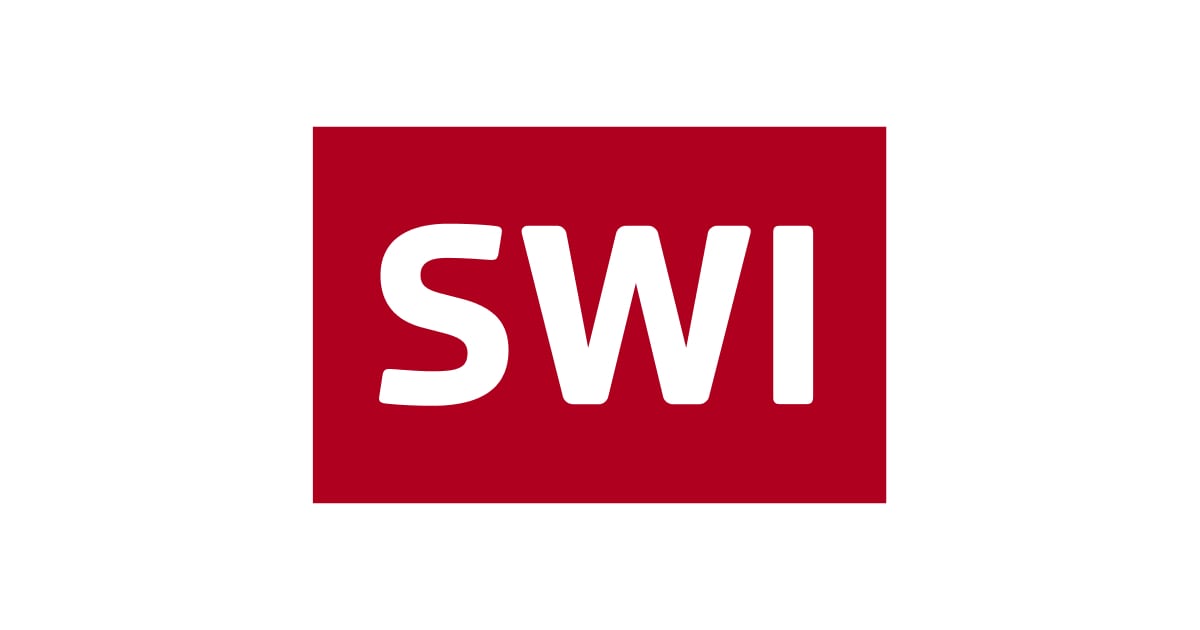







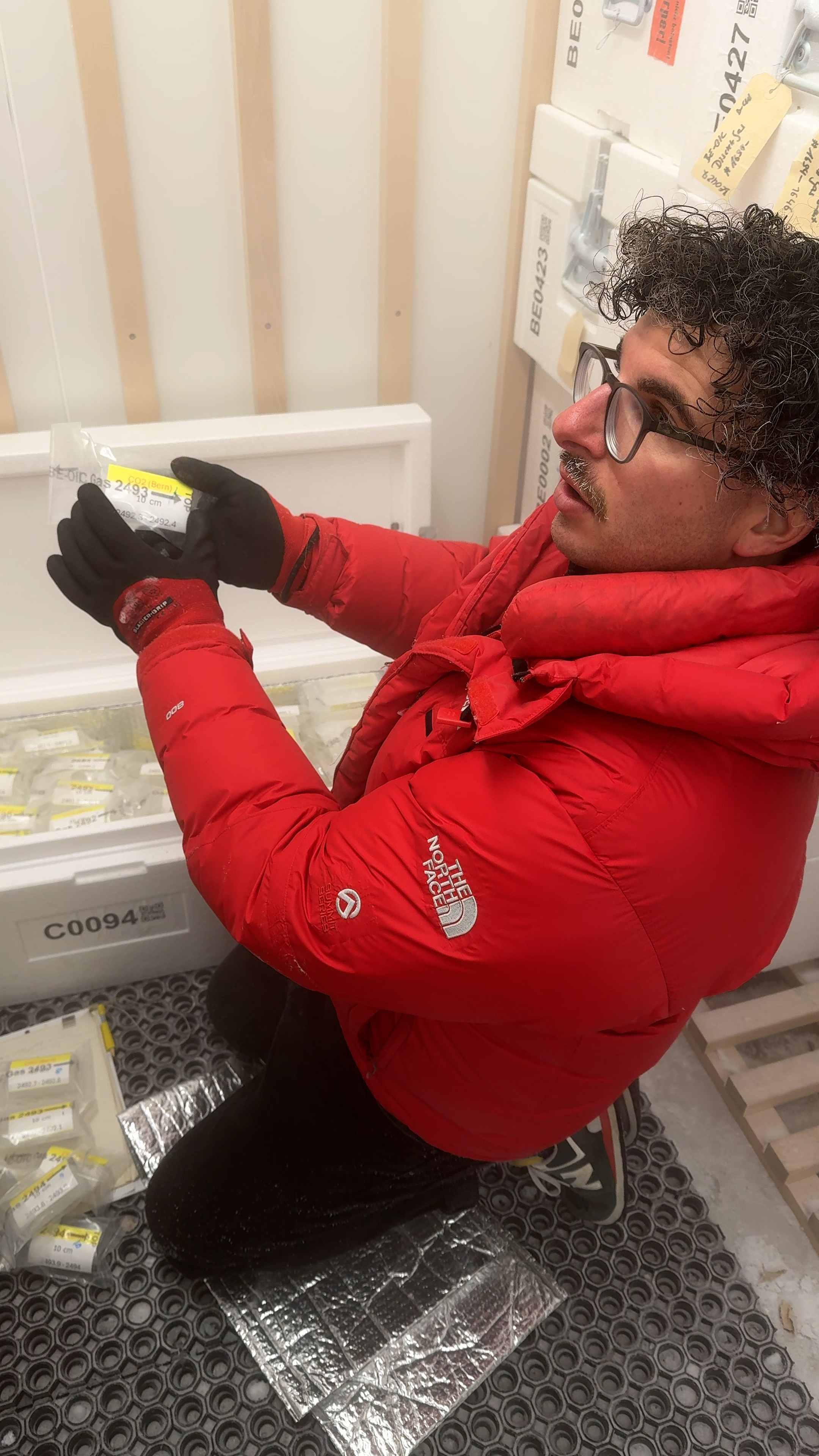















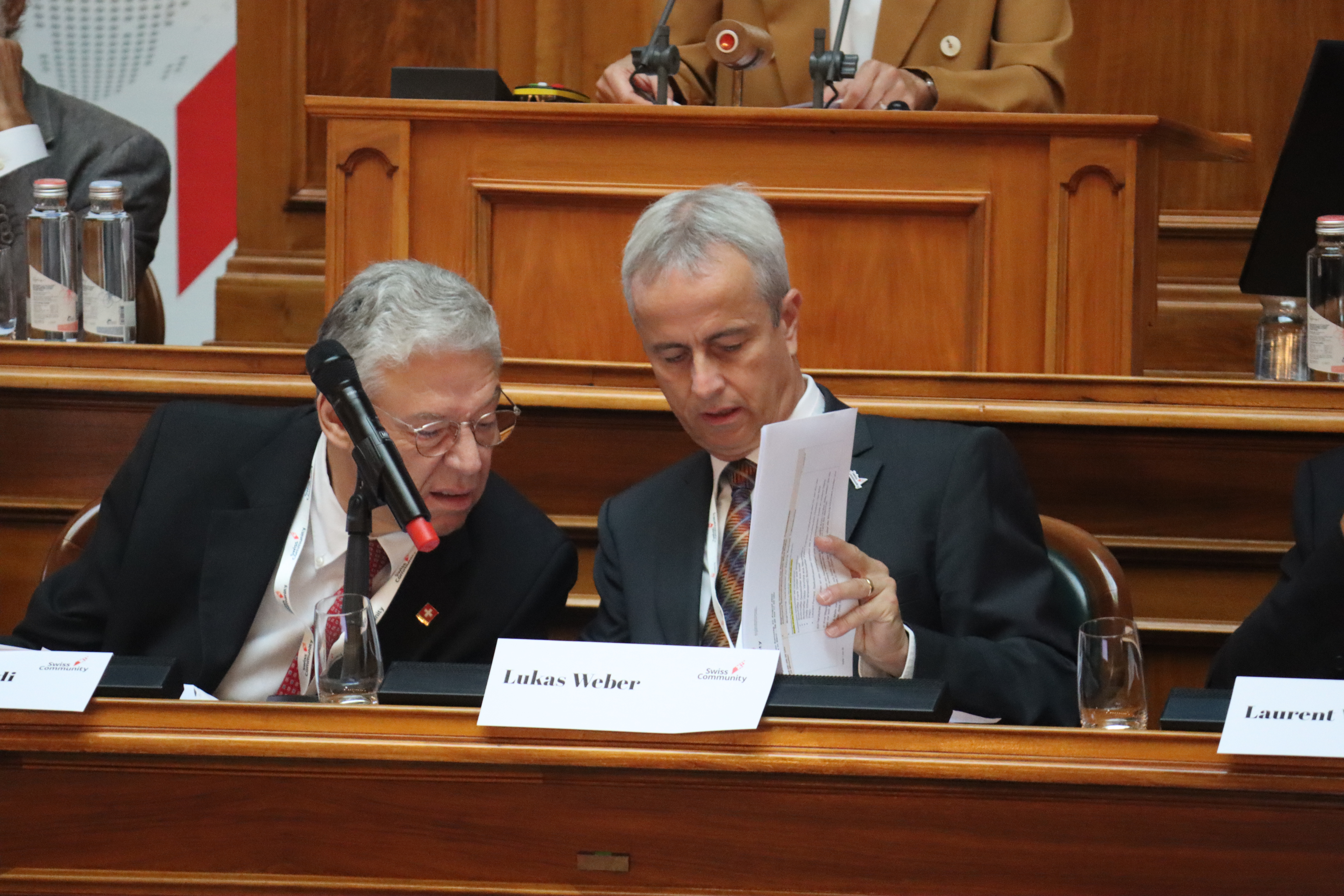
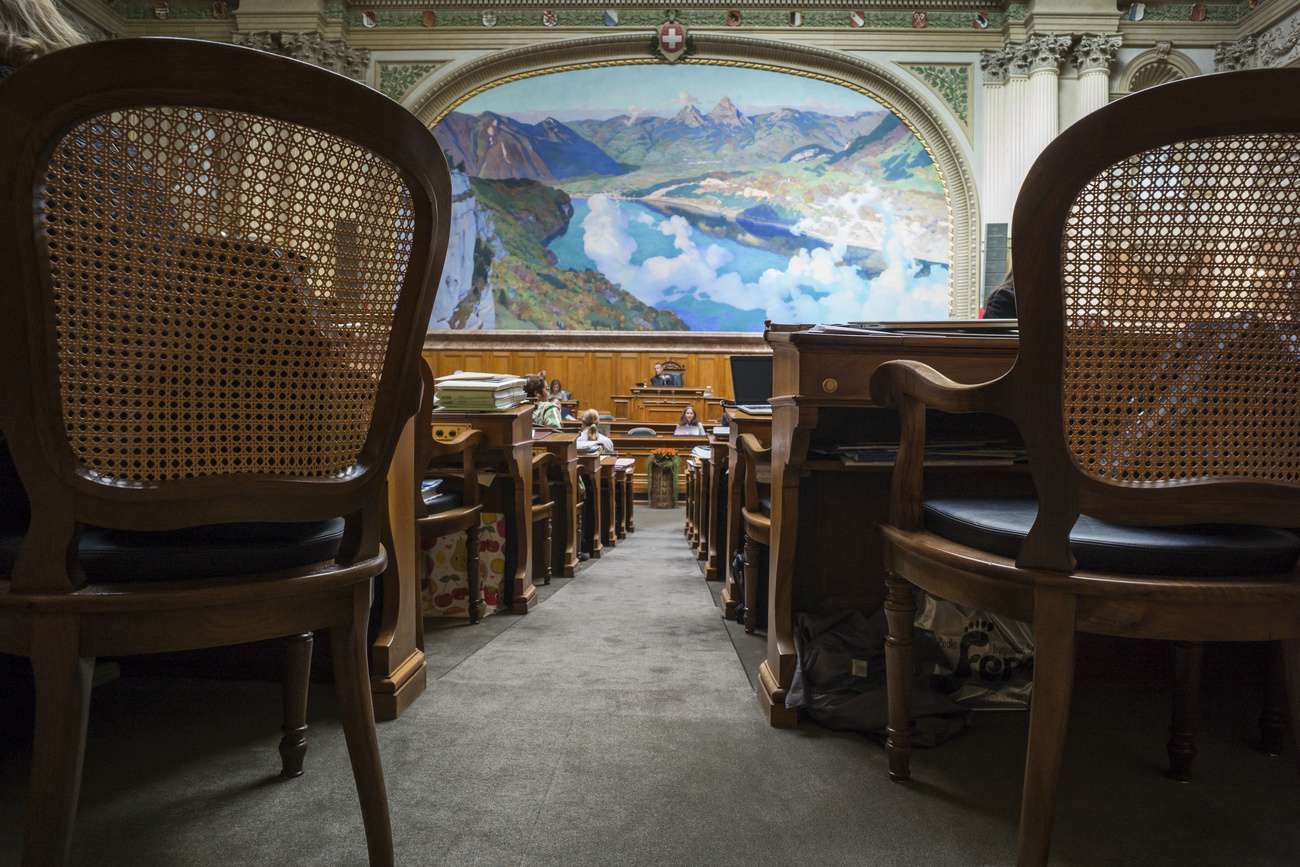









You can find an overview of ongoing debates with our journalists here . Please join us!
If you want to start a conversation about a topic raised in this article or want to report factual errors, email us at english@swissinfo.ch.